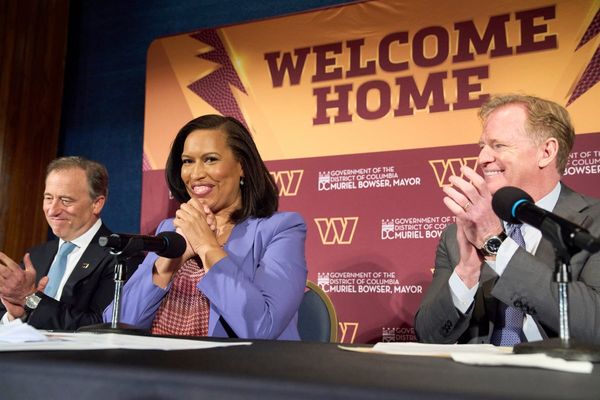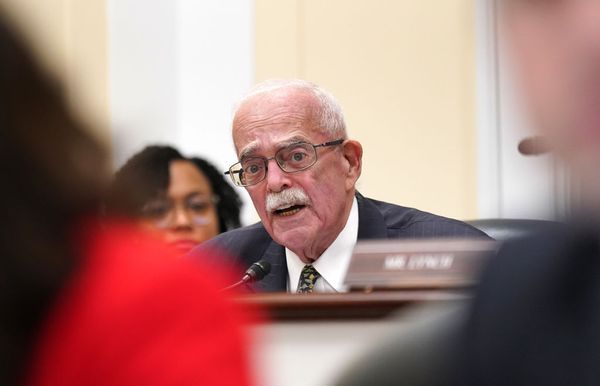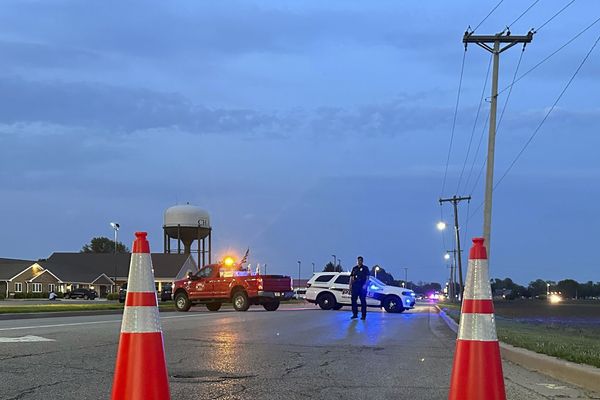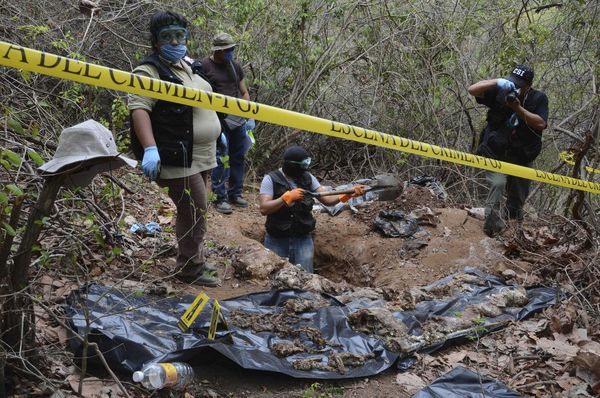
Whistleblowers warned a series of senior Vodafone executives – including the current chief executive, Margherita Della Valle – that scores of its franchised store owners faced financial ruin about two years before a high court claim accused the company of “unjustly enriching” itself.
Vodafone employees made repeated complaints to their superiors about the company slashing commissions paid to the small businesses running the company’s high street retail network, according to a string of current and former Vodafone employees. The cost-cutting tactics resulted in a group of 62 of about 150 Vodafone franchise operators filing a £120m-plus legal claim last December.
The telecoms company, which is valued at about £17bn on the London Stock Exchange, has said: “We refute the [legal] claims but will be fully engaging in [a mediation] process with a view to resolving this commercial dispute.”
However, the emergence of warnings to senior management reveals for the first time how some of the mobile operator’s own staff appeared to support the franchisees over their own employer.
The drastic cuts to commission rates paid to franchisees, which were imposed as the country emerged from Covid-19 lockdown in 2020, were blamed for the small business owners running up huge personal debts and fearing for their livelihoods or homes, with some reporting suicidal thoughts.
The company says it apologises “unreservedly to anyone whose experiences while operating their business has impacted [their health] in this way” and added that “where issues have been raised, we have sought to rectify these and we believe we have treated our franchisees fairly”.
Della Valle, who has been Vodafone’s chief executive since December 2022 and was previously finance director from 2018, was notified of the franchisees’ plight around the time of her promotion, according to interviews and records seen by the Guardian. One email to Della Valle, which she appeared to respond to, cited an instance of an internal Vodafone whistleblower raising concerns about the company’s treatment of its franchisees.
Sources allege that some of the senior executives briefed about the franchisees’ grievances during that period included two members of Vodafone’s current UK board: Max Taylor, who was promoted to Vodafone’s UK chief executive last year and was previously its chief commercial officer from 2019; and Jon Shaw, who was promoted to commercial operations director in 2022 and who has worked for the business for a decade.
Vodafone said it disputed the term “whistleblower”, stating that the company has a transparent and open process. It said the company’s “Speak-Up process provides a safe forum for anyone to anonymously raise any issues or concerns they may have, which are picked up by a dedicated team … This process was used by one Vodafone employee in relation to the franchise programme and an immediate and thorough investigation was conducted.”
The company added that it had made “improvements to the programme” and had made payments to current and former franchisees.
“We reimbursed a total of £4.9m including VAT across our franchise estate,” a spokesperson said. “We made this payment with no obligation to do so and applied it consistently across our estate. This resulted in individuals who are bringing the claim against us, some of whom are no longer franchisees, receiving payments with no strings or legal consequences.”
A franchise is a type of licence that allows a company to sell a product or service under another business’s brand name, in return for paying certain costs such as rent and wages. As part of their deals, Vodafone franchisees – who created their own small businesses to run the stores – were paid commissions based on the handset and airtime revenues they generated from customers visiting their shops.
The changes to the commission rates left many franchisees with drastically reduced revenues, while their costs remained largely unchanged.
One Vodafone employee, who said that the company’s UK bosses were aware of the issues affecting franchisees, said: “[The franchisees were] very badly treated throughout and I felt very compromised … Every day was a battle.”
Another Vodafone employee suggested the issues for the franchisees were widespread. “Everyone had a problem,” the source said.
The court papers allege that Vodafone acted in “bad faith” by unilaterally cutting fees to its franchisees; imposed swingeing fines on them totalling thousands of pounds for seemingly minor administrative errors; and then cajoled them into taking out loans and government grants to keep their businesses afloat.
Many said they feared losing their livelihoods, homes or life savings after running up personal debts of more than £100,000. Some franchisees claimed that regional managers told them it was only their individual stores that were in difficulty, in messaging that some complainants allege echoes one theme in the long-running Post Office scandal.
A spokesperson for Vodafone, who argued the legal claim is actually worth £85.5m, said: “This is a commercial dispute between Vodafone UK and some of our franchise partners. We have fully engaged with all claims made by these partners since they were first raised, including through a formal process which, at appropriate times, involved independent legal review.
“We are now fully engaged in mediation … with the claimant group. This is run by an independent mediator, who was selected and agreed upon by both sides. We are hopeful the mediation will reach a conclusion that suits both parties.”
The company says that many franchisees disagree with the claim and out of its current “83 franchise partners, 68 have chosen not to join the claim and are continuing to run their businesses”.







